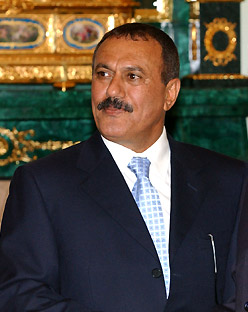A Quote by Tim Kaine
The current situation in Iraq is ultimately a crisis of governance, which has allowed extremist groups to take advantage of disillusioned segments of the Iraqi population.
Related Quotes
The feeling of being an Iraqi unites all ethnic groups within this country. Even the Kurds, who have traditionally pushed for their own state, see the benefits of the current situation. They enjoy an autonomous status in Kurdistan, while at the same time participating in decisions in Baghdad. But if neighboring states were to push for a partition of Iraq, it would be a horrible mistake.
































